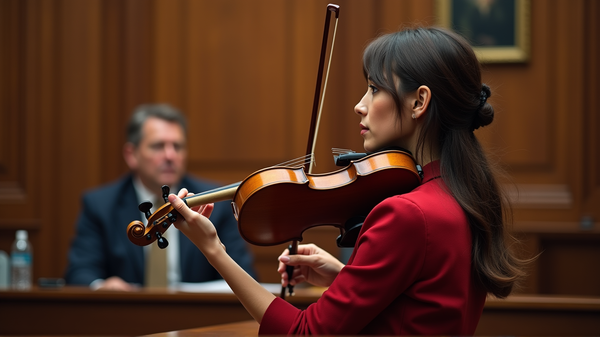Unveiling the Alleged Motive Behind Charlie Kirk Shooting
In a surprising development, the Utah County Attorney Jeff Gray has disclosed critical information that could potentially illuminate the underlying motives behind the recent and much-publicized shooting involving conservative figure Charlie Kirk. During a press conference, Utah County Attorney Jeff Gray provided insights into the detailed text message exchanges between the suspect, Tyler Robinson, and his roommate.
The Exchange That Could Change Everything
Revelations from this exchange suggest possible motivations that include personal grievances or ideological motivations concerning Mr. Kirk’s public stance. These texts form a crucial part of the prosecution’s case against Tyler Robinson. In this context, understanding the content and intent of the messages is pivotal. According to NBC News, these revelations have caused quite an uproar within both local communities and national conversations.
Tyler Robinson: The Man Behind the Messages
Facing several grave charges, including aggravated murder, Robinson’s defense may come into question with this new evidence potentially shedding light on his psychological state or rationales. His exchanges with his roommate could serve as a mirror into his mental deliberations leading up to the event. The defense’s strategy might focus on questioning the interpretations of these texts, but it remains to be seen how the new evidence will affect the unfolding legal proceedings.
Unpacking the Legal Implications
The prosecution emphasizes the weight these messages bear, attempting to establish connectivities that outline Robinson’s intent. In legal terms, the revelation of such communications can critically influence the court’s understanding of the nuances surrounding a suspect’s motivations. This could be a decisive factor in swaying public opinion and legal outcomes alike.
Community and Public Reaction
These revelations have stirred reactions from different spheres of society. Community leaders, legal experts, and the public have voiced their opinions, raising discussions on broader issues of free speech, security, and legal processes. This case has become a flashpoint for debate, highlighting how personal communications can intersect with criminal investigations.
The stakes are high, and as Tyler Robinson heads towards trial, the world watches closely. The implications of these text revelations could set precedents in how electronic communications are interpreted within legal frameworks, and this case may redefine facets of criminal law involving personal technology.
Keep an eye on further updates as this critical situation continues to unfold, drawing interest from all corners of the nation.




